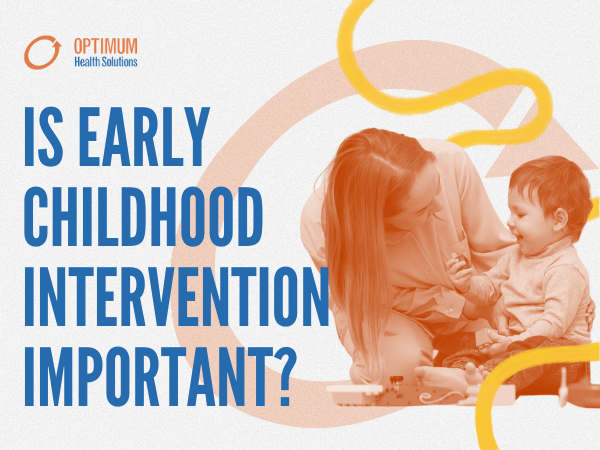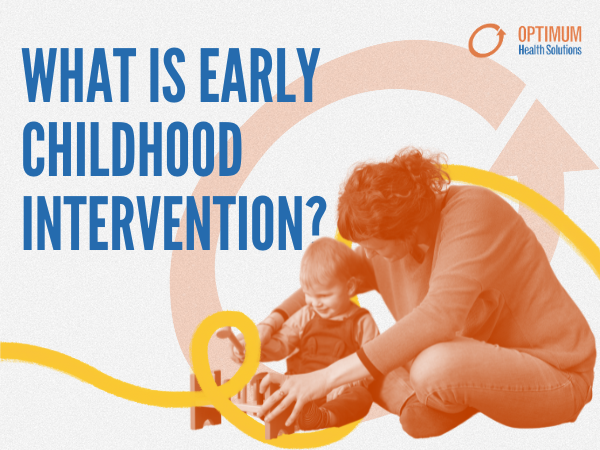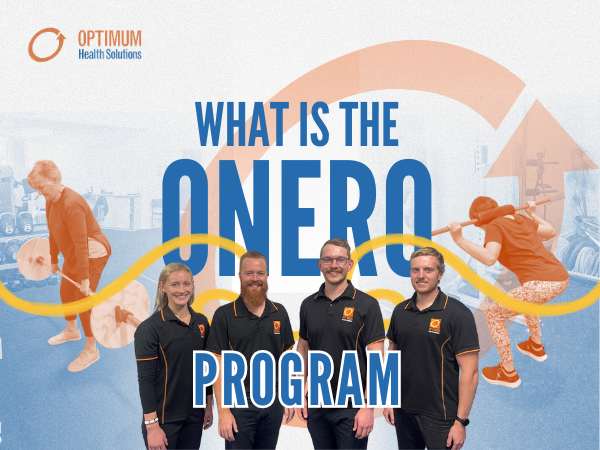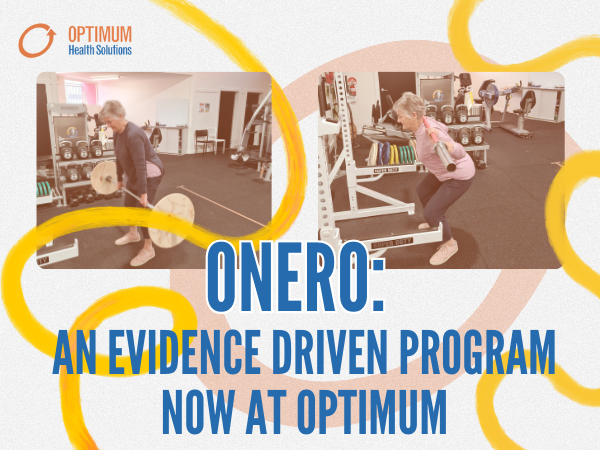Cancer is one the most destructible diseases in our society with 126,000 cases reported in Australia in 2015. The great news is that modern medicine is finding better ways to treat and overcome cancer. However, the methods of radiation and chemotherapy place a terrible toll on the body. Probably the biggest side effect is terrible fatigue on the body. Let’s explore this a little further…
What is cancer related fatigue?
Cancer related fatigue is one of the most prevalent symptoms experienced by people with cancer, both during and after treatment. Cancer related fatigue is persistent, not alleviated by sleep or rest and is not in proportion to recent activity. The symptom also affects up to 70% of people during chemotherapy and radiotherapy treatment, with 30% reporting the fatigue to persist for years after the end of their treatment. 78% of patients experience fatigue which is significant enough to affect daily living, and 61% of people said the fatigue was more significant than pain.
What causes cancer related fatigue?
There are multiple factors that contribute to cancer related fatigue. Change in metabolism, hormonal changes, chronic stress response, anxiety, depression, altered sleeping patterns, anaemia and impaired nutritional status all contribute to the development and persistence of fatigue.
Symptoms of fatigue can appear at any stage. It may be present at diagnosis as a symptom of cancer, develop during the cancer treatment or develop following treatments as a late effect. Cancer related fatigue may persist for months or years following completion of the cancer treatment.
Exercise as a way to Manage the Fatigue
Research shows that aerobic and resistance exercise is effective to reduce, alleviate and manage the effects of fatigue. Although it may seem strange, resting and inactivity is not advised as a treatment of cancer related fatigue. Physiological deconditioning makes the fatigue worse, as it causes a decrease in cardiovascular fitness and a change in muscle function and strength.
Depending on the level of fatigue that is being experienced, the intensity, duration and type of exercise will differ from person to person. Even people with severe chronic fatigue can exercise. One of our team members would break the session into smaller intervals, such as 5 to 10 minutes at a time. Little movement is better than no movement! People with severe fatigue may only manage small amounts of aerobic exercise and gravity-only resistance exercises, while those with moderate fatigue may be able to manage a continuous aerobic training session and progressive resistance training using weights.
If your fatigue levels fluctuate throughout the day, it is important to exercise when fatigue levels are at the lowest. The most important thing for people with cancer related fatigue is to do the amount of exercise that is tolerated, and to try and maintain or even improve their cardiovascular fitness and muscular function and strength.








